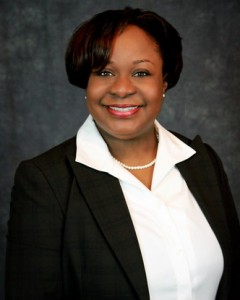
New Orleans’ Algiers Charter School Association CEO, Dr. Andrea Thomas-Reynolds, spent some time with Newswire sharing the road her charter took to high student and teacher success in a post-Katrina environment. Following is a brief re-cap:
Newswire: What was the impetus to starting the charter network?
Reynolds: It actually emerged from the aftermath of Katrina, which struck in 2005. Algiers was the first group in New Orleans to win a charter. It was in an area least effected by Katrina and started in the 2006-2007 school year.
Newswire: How were the students doing at the time?
Reynolds: Well, students were 14 points behind the state average in math and 15 in English Language Arts.
Newswire: And now, what progress have the students made?
Reynolds: We’re proud to report that each year since our first year we continued to close the achievement gap. Today, our students are four points above the state in math and 2.5 points ahead in reading.
Newswire: Can you pinpoint strategies or outlooks that led to your stunning success in a region plagued by poverty and natural disaster?
Reynolds: I think our emphasis on teacher quality made us a success. Through a TIF grant (Teacher Incentive Fund) we’ve implemented TAP (The System for Student and Teacher Advancement) grant, we tie performance to teacher pay and we augmented our teacher recruitment.
Newswire: Tell us a little more about TAP.
Reynolds: TAP is given based on four elements of success – multiple career paths for teachers, ongoing and applied professional development, accountability that focuses on instruction, and performance-based compensation. We apply all four elements at Algiers.
Newswire: So, teacher quality is key. Who makes up your teaching corps?
Reynolds: We combine Teach for America teachers with teachers from local parishes and veteran teachers. We like the home-grown aspect because it helps our school community understand the culture of the kids. But, we also have intense professional development that stresses differentiation. Before, students all learned the same way. Now, we help teachers learn how to differentiate the instruction to meet individual student needs. Our teachers meet in cluster meetings throughout the week to discuss ways students can gain additional support at school and in the home to achieve.
Newswire: What one aspect of your efforts can you name that is key to success, besides TAP?
Reynolds: Dedication by all to hard work and extensive outreach to parents.

